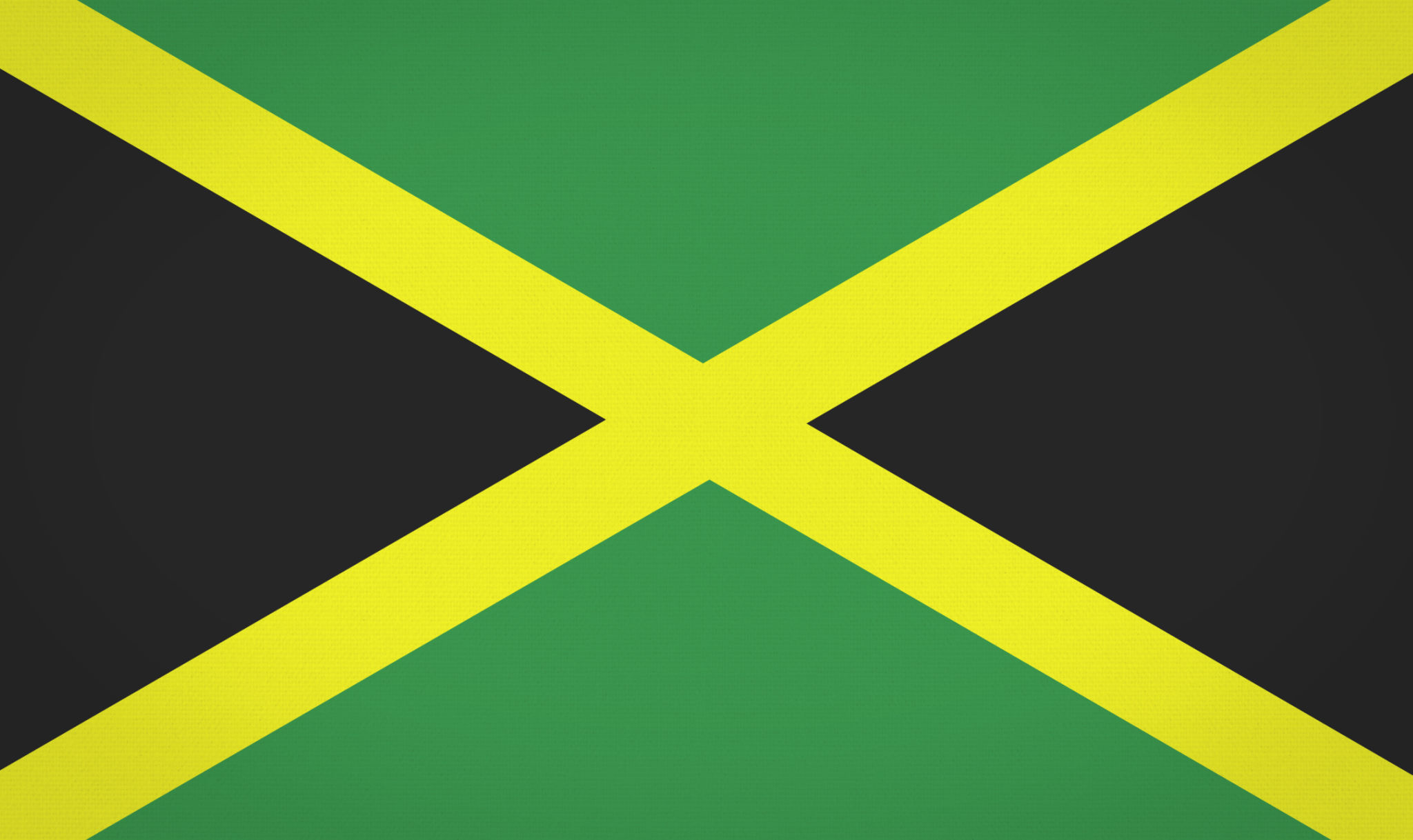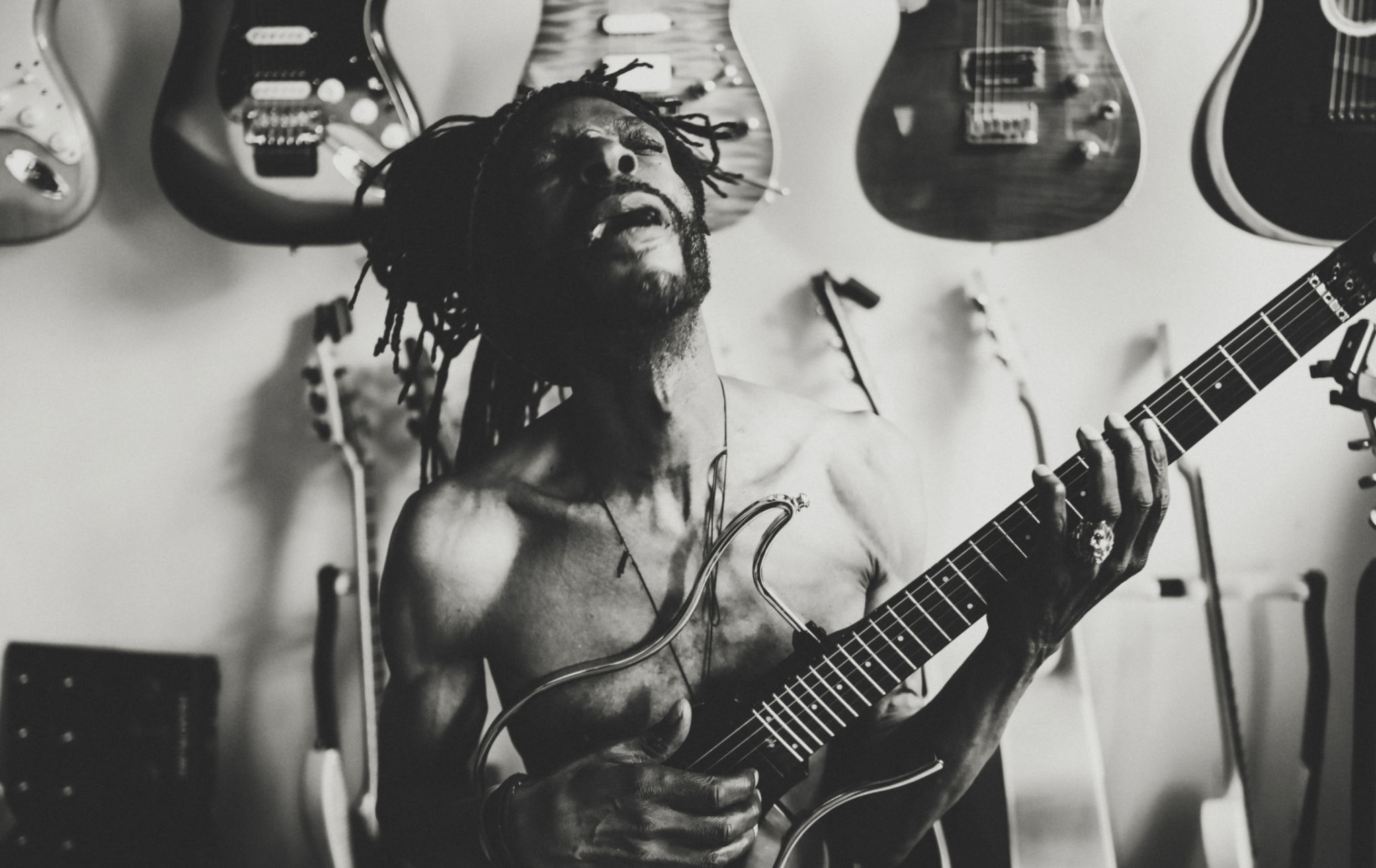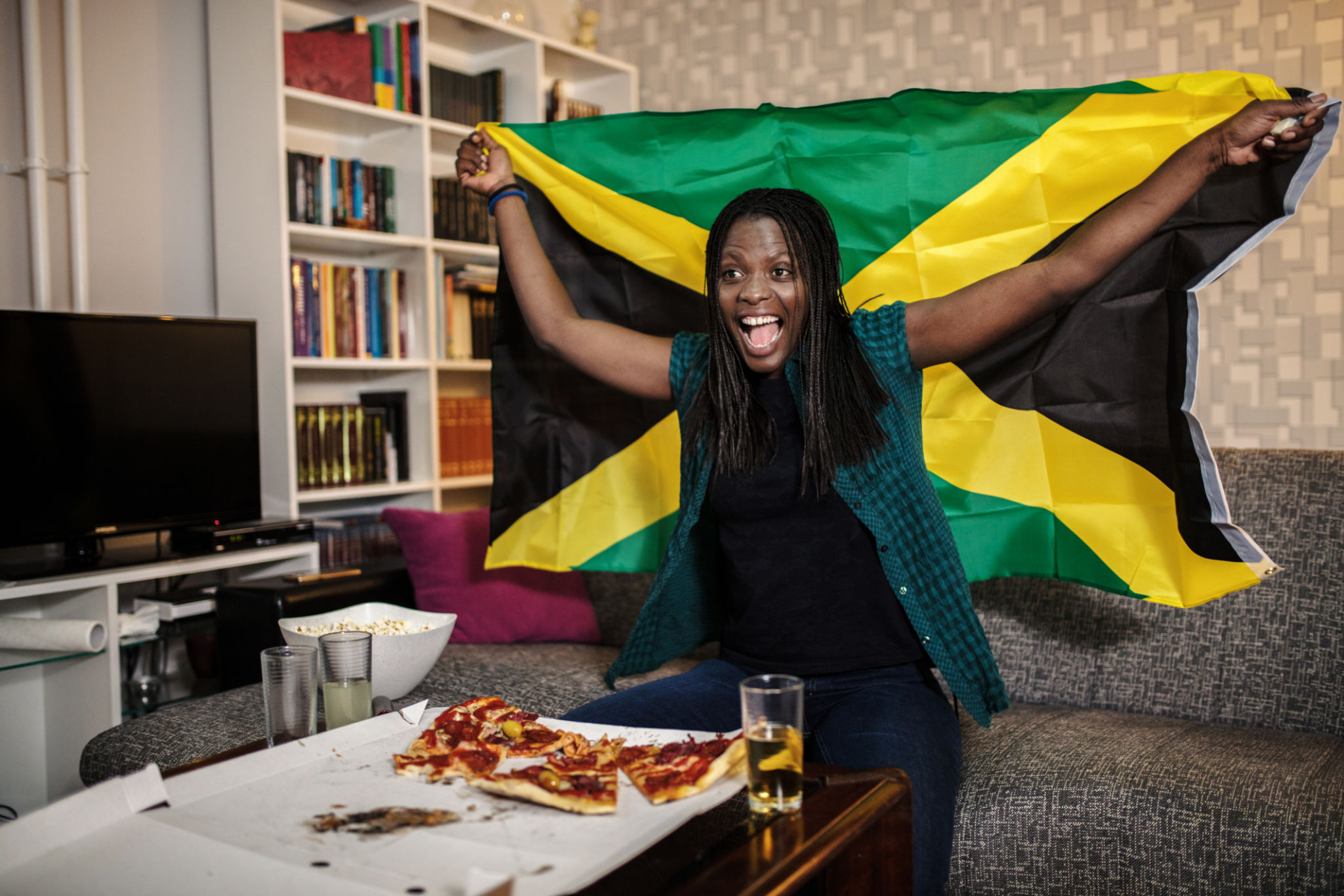How to Achieve the Authentic Jamaican Sound in Your Music
Understanding the Roots of Jamaican Music
To achieve the authentic Jamaican sound in your music, it's essential to start by understanding the roots of this vibrant genre. Jamaican music is a rich tapestry woven from a variety of influences, including African rhythms, European instruments, and indigenous sounds. The island's musical history is deeply tied to its cultural and social evolution, giving rise to genres like ska, rocksteady, reggae, and dancehall.

Each of these styles has its own distinct characteristics, but they all share a common thread of rhythm and storytelling. Ska, for example, emerged in the late 1950s, characterized by its upbeat tempo and horn sections. Rocksteady slowed things down in the mid-1960s, laying the groundwork for reggae, which brought a laid-back groove and conscious lyrics to the forefront.
Key Instruments and Techniques
The instrumentation is crucial to capturing the authentic Jamaican sound. A typical reggae band features bass, drums, guitar, and keyboards. The bass guitar plays a dominant role, often carrying the melody with its deep and resonant tones. The drum patterns are usually simple yet effective, often emphasizing the offbeat.

Guitarists in Jamaican music typically use a technique known as "skanking," which involves playing short, sharp chords on the offbeat. This creates a syncopated rhythm that is instantly recognizable. Incorporating these techniques into your music can help you achieve that distinctive Jamaican vibe.
The Role of Vocals
Vocals are another critical element in Jamaican music. Whether you're aiming for the soulful crooning of rocksteady, the powerful messages of reggae, or the energetic delivery of dancehall, the voice carries the emotional weight of the song. Lyrics often reflect themes of love, struggle, peace, and social justice, providing a narrative that resonates with listeners worldwide.

Experimenting with vocal delivery styles can greatly enhance your music's authenticity. Consider using call-and-response patterns, harmonies, and toasting—a form of rhythmic speaking over the beat—to bring a dynamic and engaging element to your tracks.
Incorporating Authentic Rhythms
The rhythm is the heartbeat of Jamaican music. To replicate this sound, focus on mastering the "one-drop" rhythm commonly used in reggae. This involves emphasizing the third beat in each bar, creating a relaxed and steady pulse that listeners can easily sway to. Additionally, explore other rhythmic patterns like "rockers" and "steppers" to add variety and depth to your compositions.
Utilizing traditional percussion instruments such as bongos and congas can also enrich your sound. These instruments bring an organic texture that complements the driving force of the bass and drums.
Producing with an Authentic Touch
When producing Jamaican music, consider the recording techniques that contribute to its warm and organic feel. Vintage equipment, analog recording methods, and careful mixing can help you capture that classic sound. Pay attention to how different elements sit in the mix; for example, make sure the bass is prominent and the vocals are clear yet laid-back.
Don't be afraid to experiment with dub effects like reverb and delay. These effects can add depth and space to your tracks, creating an immersive listening experience that echoes the innovative spirit of legendary Jamaican producers.
- Embrace simplicity in your arrangements.
- Focus on groove and feel over complexity.
- Maintain a balance between all elements for cohesion.
Conclusion: Staying True to the Sound
Achieving an authentic Jamaican sound in your music is a rewarding journey that involves understanding its history, mastering its instruments and rhythms, and capturing its essence through thoughtful production techniques. By immersing yourself in these elements and respecting the genre's roots, you can create music that not only sounds genuine but also honors the rich legacy of Jamaican culture.
Remember, authenticity comes from respecting the past while adding your unique voice to it. Let the spirit of Jamaica inspire you as you explore this vibrant musical landscape.